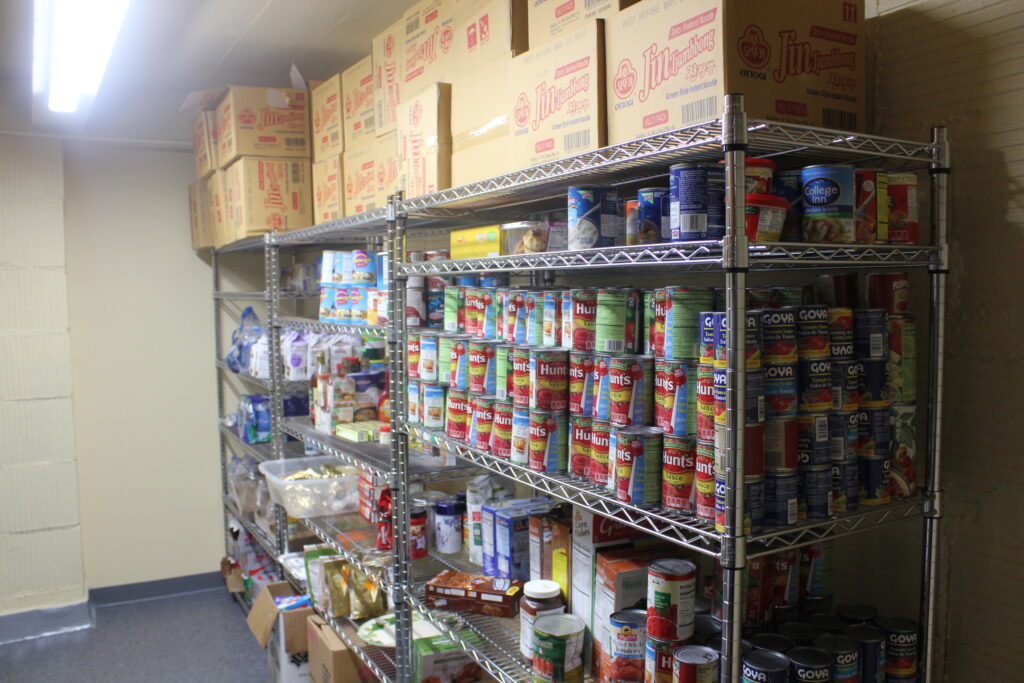Food Insecurity on College Campuses
A poll by the National Association of Student Administrators (NASPA) identified student hunger as the third-most significant problem affecting college students. Hungry college students struggle to focus and perform well in class due to a lack of nutrients and the ability to fuel their bodies with adequate nutrition. In order to make ends meet, they might be compelled to delay their education, which could potentially lead to a cycle of poverty, increasing the risk of homelessness and financial instability.
“Food insecurity is a threat to student success on college campuses in the United States. It has the potential to impact academics, wellness, and behavior-all factors that have bearing on student retention and graduation rates.” Food Insecurity as a Student Issue, 2014, Clare Cady.
https://www.researchgate.net/publication/285315827_Food_Insecurity_as_a_Student_Issue
https://hungerfreenj.org/collegehunger/
Students attending four-year institutions, compared to two-year institutions, are less likely to ask for help from campus resources or public benefits. By taking steps to enhance the use of existing campus resources and public assistance in addition to developing new resources, New Jersey institutions have the potential to substantially increase the safety net for students facing food insecurity and other financial hardships.


